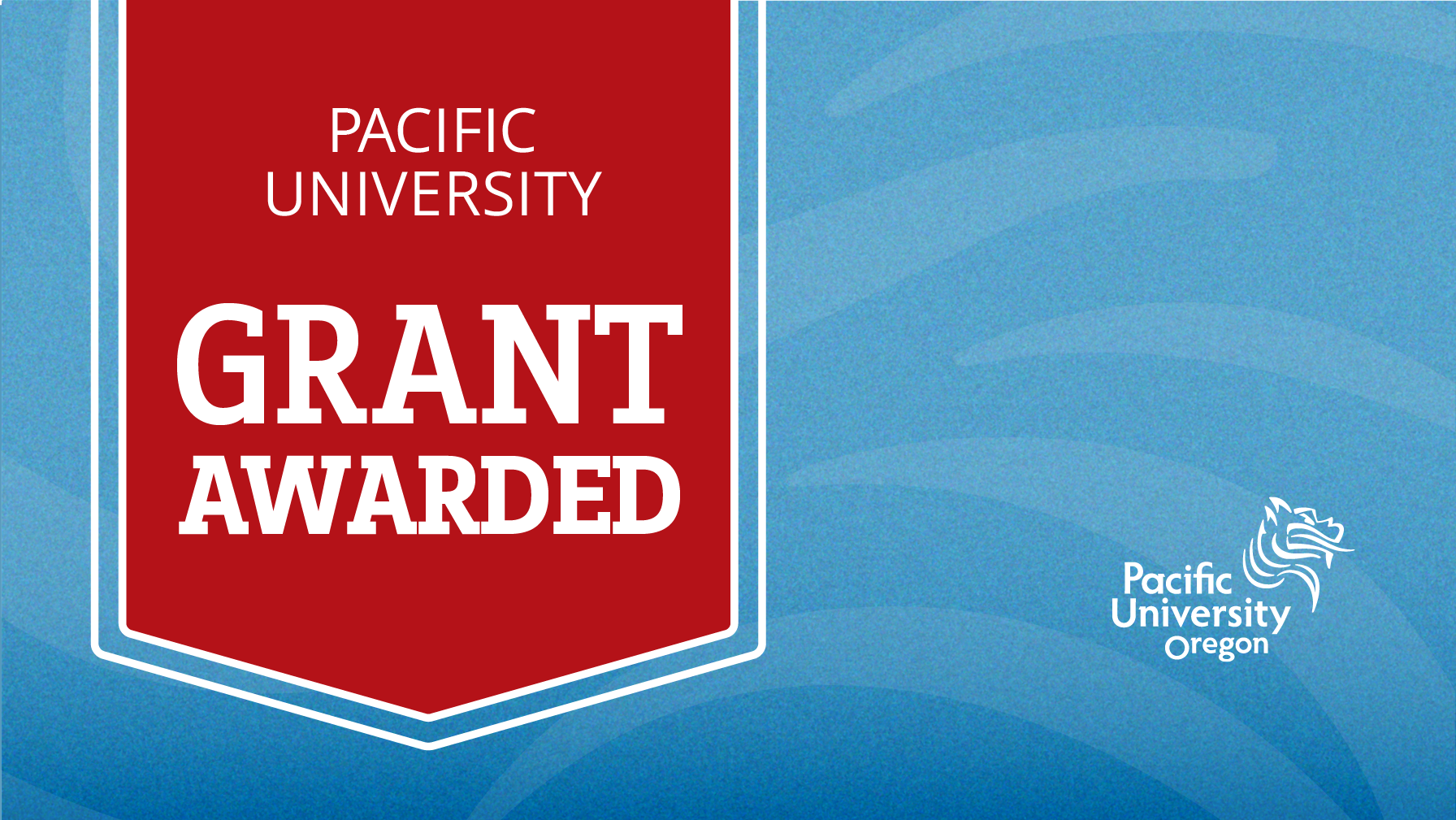Education Professor Steve Rhine Receives $633,000 Federal Grant For Digital Math Tools
 Steve Rhine has always been interested in how technology can be used to teach mathematics better.
Steve Rhine has always been interested in how technology can be used to teach mathematics better.
So when the professor in Pacific University’s College of Education saw the good work that a former student was doing with her district’s rigid, technology-based elementary math curriculum, he was inspired to find more ways that teachers are utilizing technology effectively.
Rhine, and colleagues at three other institutions, have received a $633,000 grant from the U.S. Department of Education to discover teachers who are succeeding with technology in the classroom. The grant award is part of the U.S. Department of Education’s Teacher Quality Partnership Program.
The five-year grant will fund the project, entitled “Toolkit For Enacting Digital Curricula (The TEDC Project).” The project will create a toolkit that provides video excerpts of teachers effectively modifying adopted technology-based math curriculum. The videos will be used to enhance the preparation of teachers in mathematics instruction and skills development.
Rhine is partnering with educators at Western Oregon University, Texas Woman’s University and the University of Dayton on the project.
“What we are interested in doing is identifying teachers who are living in this new world of digital curricula and doing it well,” Rhine said. “We are interested in finding teachers that are helping students develop broader math skills than just math procedures.”
The TEDC Project will conduct 32 case studies with educators in Oregon, Ohio and Texas, working with teachers who are developing their students’ reasoning, perseverance and communication skills. The project seeks elementary school teachers who are making math meaningful to their students and community when using digital curricula. The web-based toolkit will include videos of lessons and teacher interviews, lesson plans and observation plans for school administrators.
The goal is to improve elementary mathematics teaching in classrooms where instruction has become computer-based.
Rhine said that the project was partially inspired by watching the work of Amanda Waldron ’20, who was improving the teaching of math curriculum while working as an elementary school teacher in the Forest Grove School District. She now teaches in the Bend-La Pine School District in central Oregon.
“She was using a math curriculum that was pretty restrictive, but she was using video to instruct and created a little activity to go before the video,” Rhine said. “She had students talk with each other before the video and then stop the video and have students talk about what has been said so far. She added a concluding activity to bring the ideas together and push their thinking a bit.”
According to Rhine, there are between 150 to 200 different elementary math programs that can be adopted by school districts. Many of those curricula, he said, focus on the procedures of basic math skills that smartphones and computers can easily do.
Rhine hopes that The TEDC Project can allow educators to adopt a broader approach to math education, teaching practical uses for skills and not just the process.
“If technology is handling the procedural stuff, then what do students really need to learn?” Rhine said. “How do students learn when mathematics is meaningful in a particular situation? How does it help us understand context better?”
Rhine joined the Pacific University College of Education in 2016 and has become a national expert on digital curricula in math. He earned his bachelor’s degree from UCLA in 1982, his master’s degree from Loyola Marymount University in 1996 and his doctoral degree in education from UCLA in 1994. Rhine came to Pacific after 19 years as a professor of education at Willamette University.


